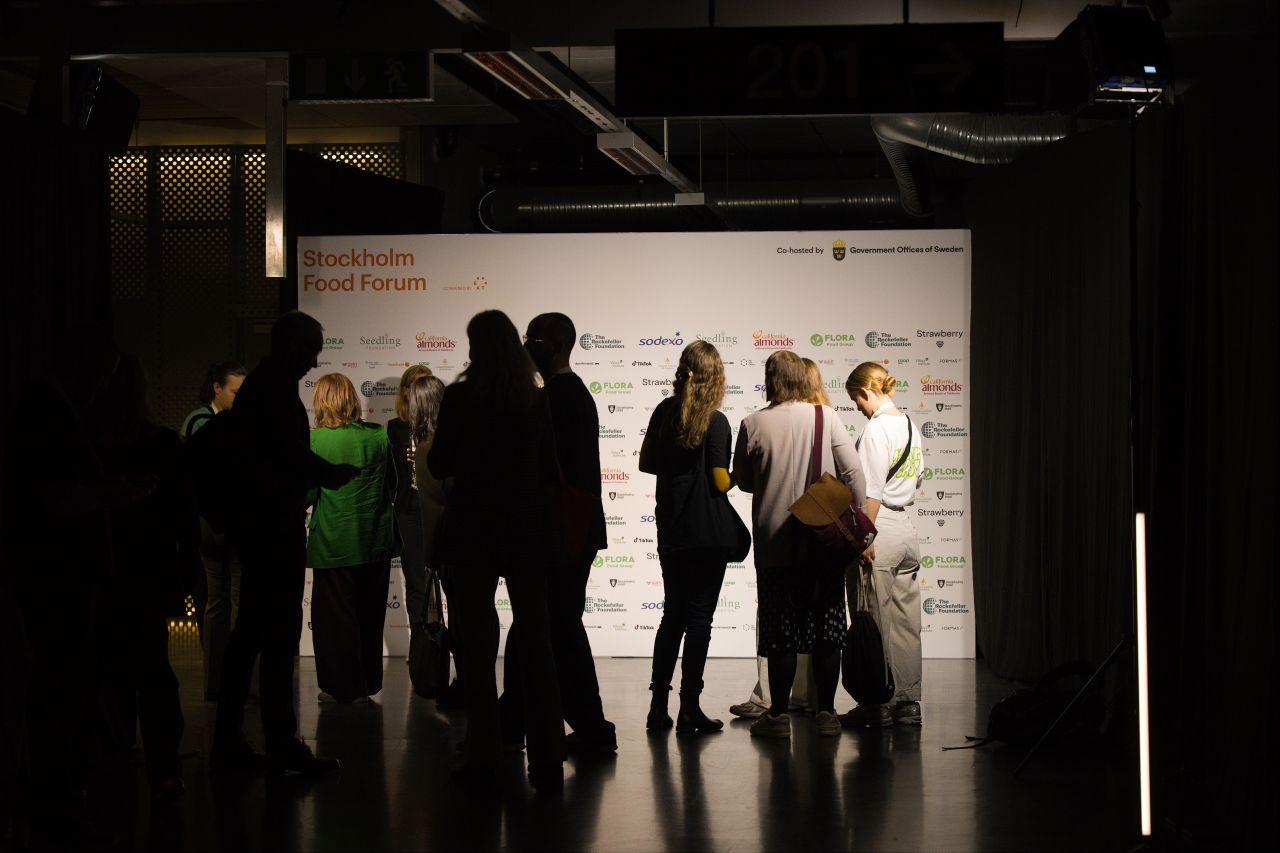By Hanna Zedlacher
Head of Programs

How do you know if someone is vegan? Don’t worry, they’ll tell you within the first 2 minutes of meeting them. In my case… it just took you about 10 seconds. I have been eating fully plant-based for more than 10 years, a personal choice based on animal welfare. However, it might come as a shock, but in reality our dietary choices are never truly personal. What we eat is a public issue, it shapes our planet and our society. Just take these numbers:
Food production alone accounts for around 30 % of global greenhouse gas emissions. According to the Food Waste Index Report 2024, food waste alone is responsible for an estimated 8–10 per cent of global greenhouse gas emissions (including from both loss and waste). And food waste takes up the equivalent of nearly 30 per cent of the world’s agricultural land. These numbers are shocking, given that up to 783 million people are affected by hunger today. Due to chronic deficiencies of essential nutrients 150 million children under the age of five suffer from hindered growth and development. And food production is the leading cause of habitat loss as natural ecosystems are converted to agricultural land.
To sum it up, even if we eliminate our emissions that derive from energy consumption, we are not yet off the hook. The way we produce and consume food today is highly unsustainable and questionable. So, what to do?
A way out
In October 2025 the EAT-Lancet Commission released its Report on Healthy, Sustainable, and Just Food Systems, presenting a comprehensive global scientific evaluation of food systems to date. It is widely considered a landmark report – and contains some concerning data and facts. For instance, food systems are the largest contributor to the transgression of five planetary boundaries. But the report also offers a solution in terms of the Planetary Health Diet (PHD). This globally applicable diet is considered to support optimal health outcomes while it also reduces the environmental impacts as well as the nutritional deficiencies. This diet is largely plant-based (whole grains, fruits and vegetables, nuts as well as legumes) whereas only small amounts of fish, dairy and meat are recommended.
Deep in my heart I’d love it if everyone went vegan right now. I know, realistically, that won’t be happening any time soon. But: Food is not just a personal choice. Being aware of how our food is produced is a first step. Maybe the Planetary Health Diet inspires some of you to rethink their dietary choices. Most of us can decide each and every day what we eat and consume (and what we waste!) – therein lies tremendous power. And therefore, go nuts!
CREDIT image: EAT FORUM Official LinkedIn
